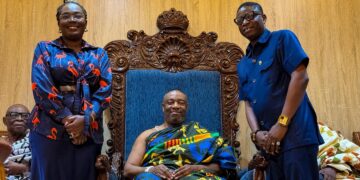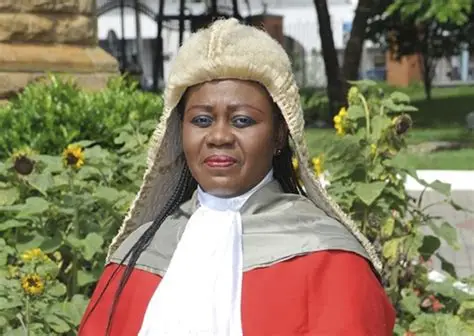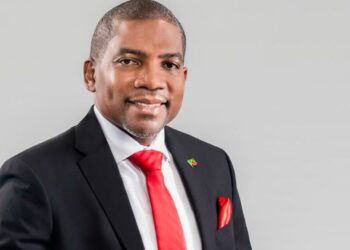Suspended Chief Justice, Gertrude Torkornoo, has filed a fresh lawsuit at the ECOWAS Community Court of Justice at Abuja in Nigeria, alleging violations of her human rights.
This was confirmed by Deputy Attorney General Dr. Justice Srem-Sai in a Facebook post on Tuesday, July 8.
In her ECOWAS application filed on July 4, Justice Torkornoo reiterated her allegations of rights violations.
According to Dr. Srem-Sai, the Chief Justice contends that her suspension amounts to an effective removal from office without due process, thereby violating her right to serve in the position to which she was constitutionally appointed.
“I can confirm that the Chief Justice – Her Ladyship, Justice Gertrude Torkornoo – has filed another court case – this time, at the ECOWAS Community Court in Abuja, Nigeria, against the Republic.”
“In the case, which was filed on July 4, Her Ladyship repeated the same allegations of human rights violations which are currently pending determination before our Supreme Court and, also, before our High Court in respect of the ongoing removal processes.”
The legal action comes amidst ongoing proceedings in Ghana, where three separate petitions have been filed seeking her removal from office.
Justice Torkornoo was suspended by President John Dramani Mahama under Article 146 of the 1992 Constitution, and she is currently challenging the suspension before both the Supreme Court and the High Court.
The Supreme Court had earlier struck out a supplementary affidavit she filed to halt her impeachment, citing breaches of confidentiality.
In the affidavit, Torkornoo described the process as degrading, unfair, and politically motivated.
However, the court agreed with Dr. Srem-Sai’s objection that the affidavit revealed confidential details about the removal process, which is strictly protected under Ghana’s Constitution.
Her lead counsel, former Attorney General Godfred Yeboah Dame, disagreed with the ruling, arguing that the affidavit was filed in court and not made public, and therefore did not breach any laws.
Still, the five-member panel upheld the objection and dismissed the affidavit.





































